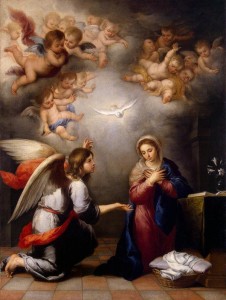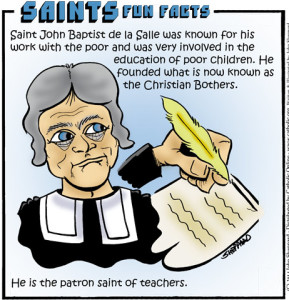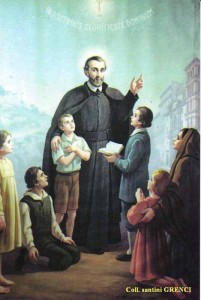
Blessed Caesar de Bus (1544-1607)
Image: Hanh Cac Chan Phuc
(EWTN) Born in France Cavillon, Fr. Caesar de Bus, was one of the glories of the Catholic Counter-Reformation who proved to be one of the greatest Catechists in the history of the Church.
Caesar experiencing a conversion from a worldly and frivolous life, to embrace a life of prayer, penance and austerity reminiscent of Saint Ignatius of Loyola he had been known in his youth as the ‘life of the party’ to others.
Ordained a Priest in 1582 Fr. Caesar de Bus was profoundly affected by his reading about the “Life of Saint Charles Borromeo” shortly after the Saint’s death in 1584 Fr.Caesar de Bus wrote:
‘I was so beside myself and fired with such a longing in imitation of him (St. Charles Borromeo) that I would not give my eyes sleep or my days rest until I had given some beginning to this resolution of mine.’
Fr. Caesar de Bus was to expend his energy Catechizing the people of France Aix-en-Provence, who manifested massive ignorance as a result of the social and cultural turmoil of the Religious Wars begun by Martin Luther’s and Calvin’s rebellion.
Largely forgotten today, Fr. Caesar de Bus was an impressive figure among his contemporaries, St. Francis de Sales considered him to be a holy rival of St. Philip Neri and declared Fr. Caesar de Bus, ‘A star of the first magnitude in the firmament of Catechesis.’
Fr. Caesar de Bus was Venerated by no less than Cardinal Richelieu, who could not fail to be impressed by his austere and holy life.
Pope Paul VI observed in his Beatification of Fr. Caesar de Bus in 1975
“The Blessed spiritual journey was not without fits and starts–moments of discouragement of darkness, of uncertainty. We have been struck nevertheless by what would be characteristic of his entire life from nearly the beginning…We wish to speak of his spirit of penance.
Penance was not an empty word for him, he pushed it to the extreme, he returned from afar. He had to dominate the passions that would otherwise enslave him, a violent and perpetual battle. Through penance, he learned to seek and love sacrifice, for sacrifice configures us to the suffering and victorious Christ, offering himself as a libation abandoning all things to the hands of God at the cost of the greatest personal sacrifice seemed to have been his leitmotiv, the constant goal of his efforts and when at the end of his life, crippled by illness and afflicted with blindness, he would finally be able to prepare himself for the supreme gift, he realized how useful asceticism had been to master the old man–he would be ready to meet the Lord. His joy would be complete…”
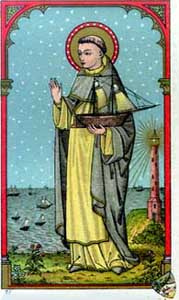
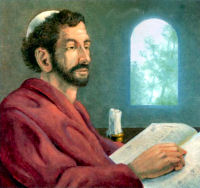
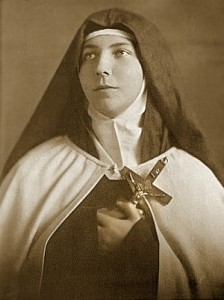
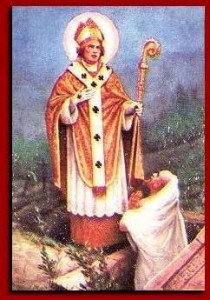
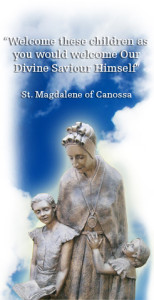
 Saint Casilda of Toledo
Saint Casilda of Toledo